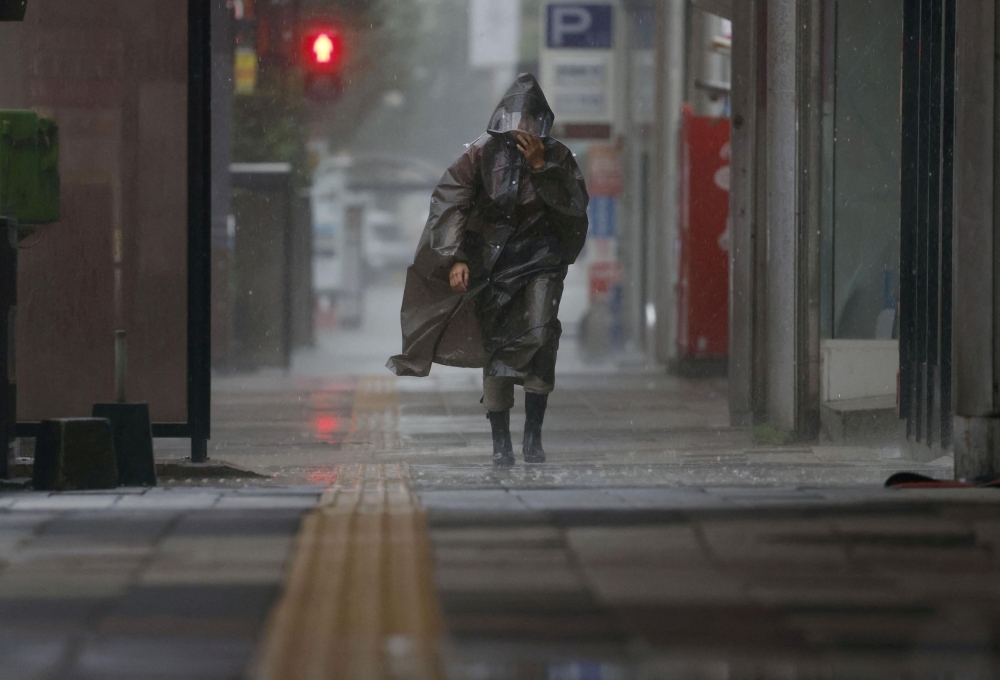In a move that has sparked passionate debate and stirred public emotion, New Zealand’s government has delayed a crucial vote on whether to suspend three Māori members of Parliament for performing a haka—an iconic symbol of Māori identity—during a contentious legislative session last year.
The three lawmakers from Te Pāti Māori, including co-leaders Debbie Ngarewa-Packer and Rawiri Waititi, along with MP Hana-Rawhiti Maipi-Clarke, now face potential suspensions from Parliament for performing the traditional Māori ceremonial dance in protest of a proposed bill that sought to reinterpret the Treaty of Waitangi, a foundational document signed in 1840 between Māori chiefs and the British Crown.
The haka, performed last November in the chamber, was meant as a cultural expression and a powerful act of resistance. But a parliamentary privileges committee last week recommended suspending Ngarewa-Packer and Waititi for 21 days and Maipi-Clarke for 7 days, arguing their actions could have intimidated fellow MPs and disrupted parliamentary procedure.
The government, however, opted to hold off on the vote—at least for now. Leader of the House Chris Bishop said the delay was necessary to ensure all MPs, including those facing suspension, could take part in Thursday’s critical federal budget discussions.
Outside Parliament in Wellington, a growing crowd of supporters gathered to show solidarity with the Māori MPs. Some planned to perform a haka of their own, turning the grounds into a stage for cultural pride and civil disobedience.
Attorney-General Judith Collins, who also chairs the privileges committee, defended the suspension recommendation, claiming the issue wasn’t about silencing Māori expression, but about upholding the rules that govern the parliamentary process.
Still, for many, the suspension proposal feels like a step too far. Opposition Leader Chris Hipkins of the Labour Party called for a censure rather than suspension, saying the punishment was unprecedented and deeply out of step with how Parliament has handled similar matters in the past.
“This kind of sanction—something we’ve never seen before—is simply too extreme,” Hipkins said. “Yes, rules matter. But so do voices. So does culture. So does history.”
At its core, the haka is a symbol of identity, strength, and unity. For Māori and many New Zealanders, it’s not just a performance—it’s a voice. And in this case, it’s a voice that refuses to be silenced.




